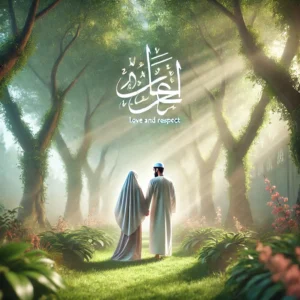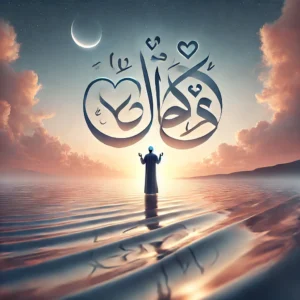Although the saying “Education is the backbone of a nation” is universally acknowledged and timeless, it seems to be losing its significance today. The education sector is becoming one of the most neglected and undervalued sectors in the state. This has been quite evident since the tenure of the Education Minister Dipu Moni during the last term (2018 government) of the Awami League. Initially, there were extended holidays due to COVID-19, followed by long breaks on flimsy excuses, cancellation of exams, and automatic promotions, which needless to say, are detrimentally affecting the students. Additionally, the introduction of the new educational curriculum has been like “the last straw”. The appalling state of the textbooks has been a topic of concern among parents, educators, and religious scholars for a long time. This curriculum has been criticized not only for opposing the religion, culture, and ancient civilization of this country but also for being ineffective in fostering general education. There have been numerous analytical articles published in national newspapers regarding this.
Meanwhile, the previous party has come to power again, promoting the former deputy minister to a full minister after replacing the previous one. Immediately after swearing in, he announced that the previous educational policy would continue. Thus, nothing much has changed. Additionally, various statements made by this gentleman in the past, his interpretations of strong faith during religious ceremonies, and other reasons are causing concern and anxiety among many parents and religious communities.
May Allah Almighty protect this nation. Our tender-hearted children, who are the future leaders of the country, may face many obstacles in growing up as faithful and good citizens.
As an appeal to the esteemed religious scholars and heads of Qawmi boards, I note that it is now just the beginning of the month of Rajab. Most madrasas have already completed their curriculum, and the traditional Bukhari completion ceremonies are underway, a trend observed for a few years. From Shawwal to Jumadal-Akhira, though it is 9 months, but considering holidays before and after Eid-ul-Adha, two exams, pre-exam and post-exam breaks, and admission activities at the start of the year, only about 6 months remain. However, the vastness of the Qawmi curriculum and the importance of teaching are well-known. The characteristic feature of Qawmi madrasas was the length of their operational time, which is gradually diminishing due to various excuses and pressures. It’s needless to say, education has become exam-centric; yet, the distinct characteristics of higher levels of studies, such as Daur-e-Hadith, and the books of Fiqh, Tafsir, and Hadith need to be taught with appropriate explanations and in a contemporary manner, which is impossible within a few months. How many students today possess the passion and capability reminiscent of the past great scholars? Since religious scholars are the guardians of the nation’s faith, culture, and civilization, and guide them, future scholars also need to be prepared with extensive education and upbringing.
The more the educational curriculum and teaching duration are shortened, the less qualified scholars will be produced. Surely, the nation’s educators and thoughtful religious scholars are pondering over this. May the Merciful Allah ease our path in religious communities, smooth it, and grant us the ability to advance in a more beneficial manner.
By
Mohammad Anisur Rahaman Shohagh
Principal & Managing Director (Averroes International School)
Former Exam Facilitator of British Council




